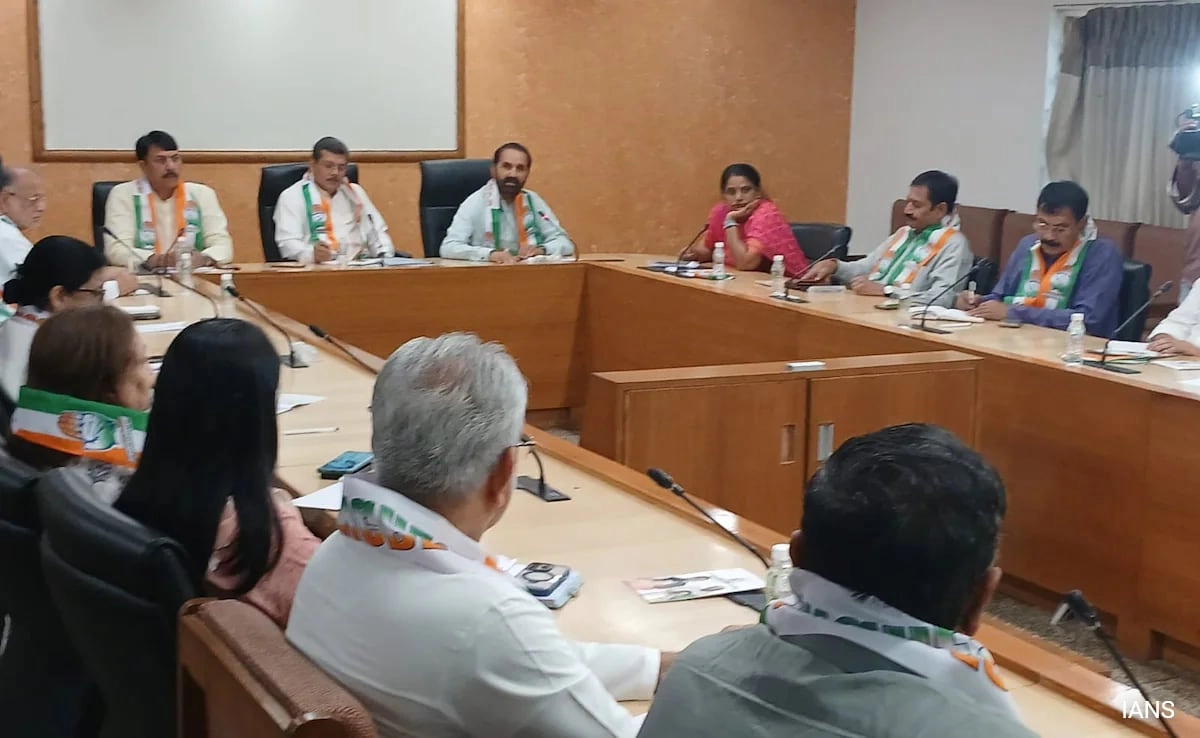In a recent development, the Supreme Court of India issued a stern warning to Rahul Gandhi concerning his remarks about Vinayak Damodar Savarkar, a prominent figure in the country’s freedom struggle. The court’s intervention underscores the sensitivity surrounding historical figures and their legacies, particularly in a politically charged environment. Rahul Gandhi’s comments had ignited controversy, prompting the court to remind him of the implications that public statements can have on the fabric of society and the legal ramifications that may follow. The court emphasized that it will not permit unfounded statements that could lead to public unrest or disrespect for revered personalities in Indian history.
The Supreme Court’s admonition reflects broader concerns about the responsibility of public figures, especially politicians, in shaping discourse. Rahul Gandhi, a leading member of the Indian National Congress and a vocal critic of the current government, has often engaged in fiery rhetoric. However, the court’s response suggests a need for caution, particularly when discussing figures like Savarkar, who elicit strong sentiments across the political spectrum. The court’s position is not merely about enforcing legal standards; it also reiterates the importance of maintaining a respectful dialogue in a diverse society where historical narratives can be deeply divisive.
This incident serves as a reminder of the fine line politicians tread between free expression and responsible communication. As the political landscape in India continues to evolve, the implications of this warning could resonate beyond Rahul Gandhi, impacting how other political leaders choose to articulate their views on historical figures and events. The Supreme Court’s vigilance may encourage a more measured approach to political discourse, where leaders are mindful of their words and the powerful legacies they reference. As public discussion about historical narratives intensifies, the court’s intervention could foster a more respectful dialogue, ensuring that the complexities of India’s past are approached with the care they deserve.




